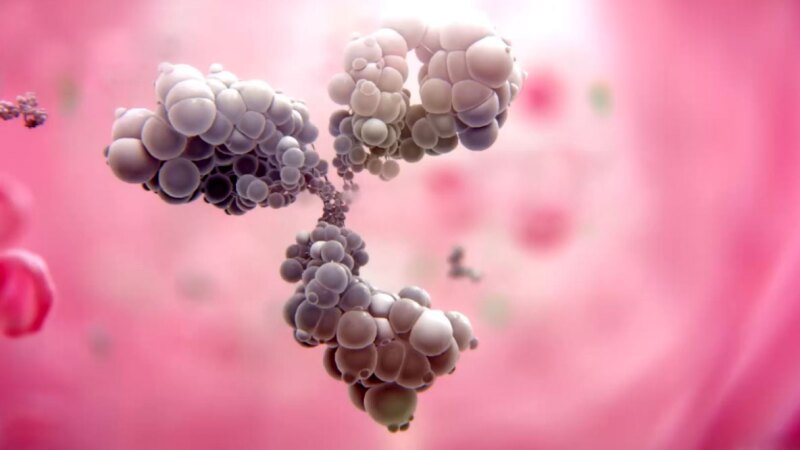Antibodies are proteins that guard against substances—such as bacteria, fungi, viruses and toxins—that enter your body like foreign invaders. Antibodies protect you by attaching to those invaders (also known as antigens) and triggering your body’s natural immune response to destroy them.
You can think of autoantibodies as misguided, or pathogenic, antibodies. Instead of reacting to the antigen, they respond to your body’s own proteins, leading—in some cases—to an abnormal immune response that attacks the cells, tissues and organs of your body and contributes to the development of autoantibody diseases.
“Autoantibody diseases comprise a large and varied group of more than 80 chronic conditions,” says Katie Abouzahr, Vice President, Autoantibody Portfolio Development Leader, Janssen Research and Development. They include hemolytic disease of the fetus and newborn, in which a mother’s immune system attacks her unborn child’s blood cells; warm autoimmune hemolytic anemia, which involves the premature destruction of healthy red blood cells; and myasthenia gravis, a disorder that’s characterized by fluctuating weakness in the skeletal muscles.
Autoantibodies can be markers of autoimmune diseases like rheumatoid arthritis or lupus. In fact, more than 2.5% of the population is affected by an autoantibody-driven autoimmune disease.
“Autoantibody diseases represent a significant area of unmet patient need,” says Abouzahr. “There are 240 million people worldwide, approximately 3% of the population, who suffer from autoantibody diseases, many without safe and effective treatment options.”
That’s why Johnson & Johnson is working on immunological advances to help address the need.
Watch this video to learn more about autoantibodies and their role in rare diseases:





